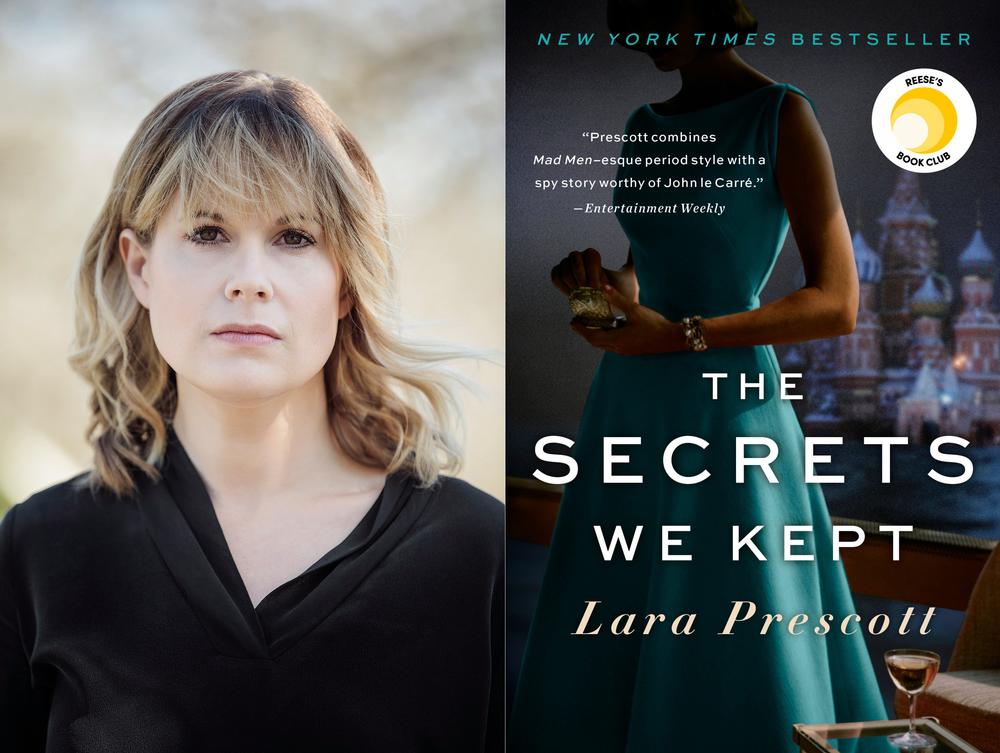
Caption
Author Lara Prescott joined Virginia Prescott for one of the Atlanta History Center’s virtual author talks. Her debut novel "The Secrets We Kept," which became an instant New York Times best-seller, is now available in paperback.
Credit: Trevor Paulhus / Cover courtesy of Penguin Random House


